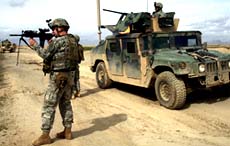
Month: November 2008

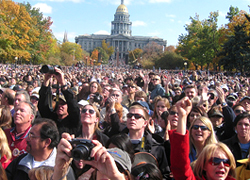
Activists Need to Push Beyond Elections After Obama’s Win
![[Photo by Julien Harneis]](https://towardfreedom.org/wp-content/uploads/2008/11/4-congo-e4.jpg)
Congo: How we Fuel Africa’s Bloodiest War
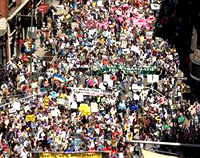
US Elections: Demanding Participation
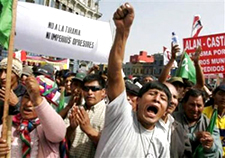
Indigenous People of Peru Reject Talisman Oil Company
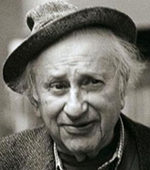


![[Photo by Julien Harneis]](https://towardfreedom.org/wp-content/uploads/2008/11/4-congo-e4.jpg)



Copyright Toward Freedom 2019